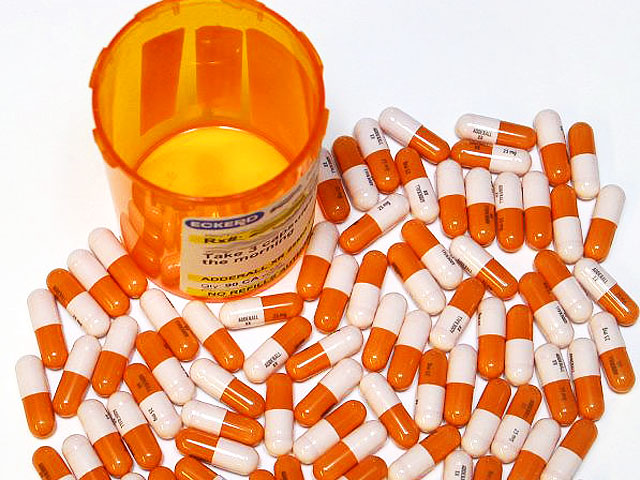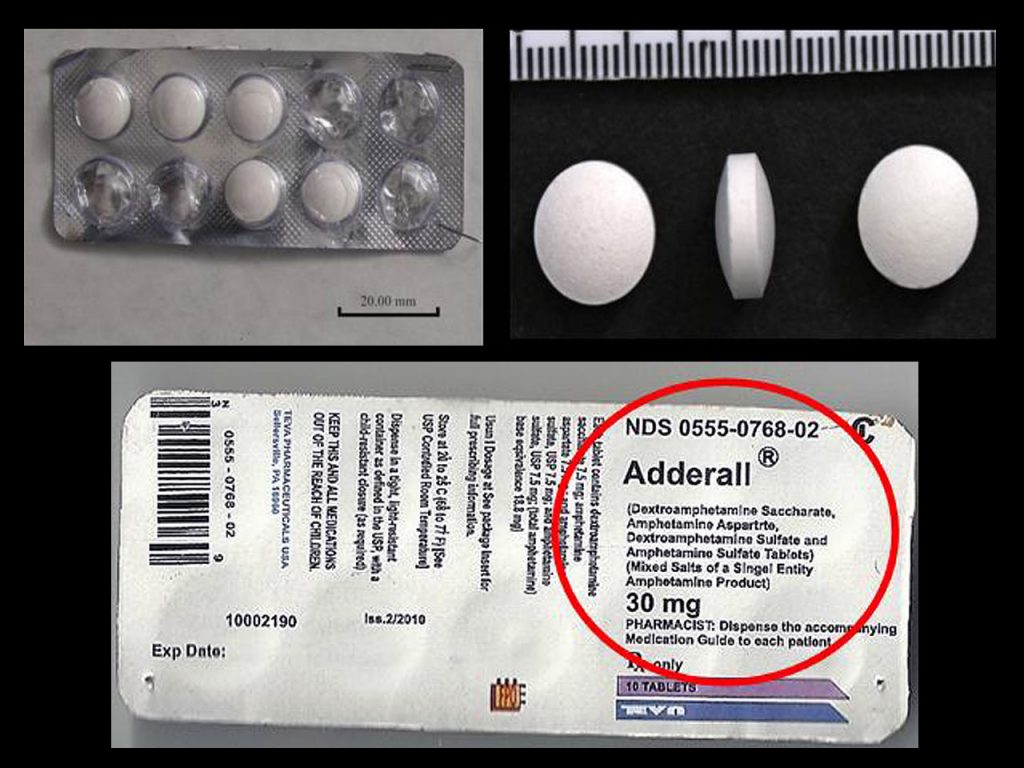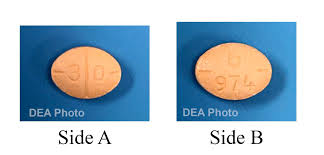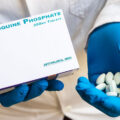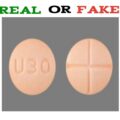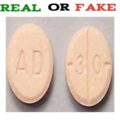The manufacture and distribution of medicines is a global industry, tainted by fake and substandard products. Not only might these drugs not work as expected, but some are even contributing to antimicrobial resistance. Amphetamine sulphate, or speed drug is a powerful stimulator of the central nervous system. It is used to treat some medical conditions, but it is also highly addictive, with a history of abuse.
Stimulants such as amphetamine (Adderall) and methylphenidate (Ritalin and Concerta) are used to treat attention deficit hyperactivity disorder (ADHD). Used under prescription, stimulants can be safe and effective. When used for recreational and non-medical purposes. It can lead to euphoria, and it suppresses the appetite, which can lead to weight loss. Used outside the medical context, stimulants can have severe adverse effects.
Recently, the FDA warned of the circulation of unsafe, ineffective, and potentially harmful fake Adderall being sold on the Internet. The fake pills which were labeled as Adderall 30 mg tablets, but do not contain the same ingredients as real Adderall. Instead they contain tramadol, a narcotic-like pain reliever, and acetaminophen. Last year the DEA charged a man with manufacturing counterfeit Adderall pills containing methamphetamine, legitimate Adderall tablets should contain dextroamphetamine saccharate, amphetamine aspartate, dextroamphetamine sulfate and amphetamine sulfate according to the FDA news release.
Beyond the fakes that are made and sold by criminal gangs, are poor-quality medicines that lack sufficient active ingredients to work properly, or fail to dissolve correctly when taken. Sloppy manufacturing is often to blame, but others are sold past their shelf life or have degraded in poor storage conditions.
Writing in the American Journal of Tropical Medicine and Hygiene, doctors from the US government, universities, hospitals and the pharmaceutical firm Pfizer warn that the rise in “falsified and substandard medicines” has become a “public health emergency”. On top of the direct harm they cause, bad drugs are a major driver of antimicrobial resistance, which fuels the rise of superbugs.
Why are counterfeit drugs so dangerous?
- Counterfeit drugs may contain the wrong amount of active ingredient — or no active ingredient at all.
- Poisonous ingredients have been found in counterfeit medicines, as well. The risk to the user is significant.
- Typical inactive ingredients added to counterfeit medicines include chalk, gypsum, acetaminophen, flour, talcum powder and sugar.
Of course, any ingredient, including other potent pharmaceuticals, dangerous chemicals or designer drugs concocted in an illegal lab can be added, too.
And what if the amounts are not exactly calculated? For example,
- the amount of active ingredient is too high
- if the dose is too low, treatment failure can occur (assuming it’s the real medication)
- possibly even death due to excessive or inadequate amounts of a product, or possible drug interactions.
How To Spot fake Adderall or speed drug
The counterfeit Adderall tablets are round, white, and have no markings on them. Real Adderall tablets are round, orange/peach in color, and scored with a “dp” on one side and “30” on the other.
The fake Adderall comes in a blister pack. Real Adderall 30 mg tablets come in a 100-count bottle.
A close look at the fake Adderall label reveals misspellings:
- Real Adderall has an NDC (National Drug Code) number. The fake Adderall has an “NDS” number.
- On the ingredient list, “Amphetamine Aspartate” is spelled “Amphetamine Aspartrte.”
How can you tell if an online pharmacy is operating legally?
Rogue sites often prominently display a Canadian flag, but may actually be operated by criminals from the other side of the globe with no connection to Canada. Medicines bought from these websites can be dangerous and may put your health at risk. The FDA’s BeSafeRx can help you identify and avoid fake online pharmacies.
Signs of a Rogue Online Pharmacy
Beware of online pharmacies that:
- Allow you to buy prescription medicine without a valid prescription from your health care provider.
- Do not have a U.S. state-licensed pharmacist available to answer your questions.
- Offer very low prices that seem too good to be true.
- Send spam or unsolicited email offering cheap medicine.
- Are located outside of the United States or ship worldwide.
These pharmacies often sell medicines that can be dangerous because they may:
- Have too much or too little of the active ingredient you need to treat your disease or condition.
- Not contain the right active ingredient.
- Contain the wrong or other harmful ingredients.
The active ingredient is what makes the medicine effective for the illness or condition it is intended to treat. If a medicine has unknown active ingredients, it could fail to have the intended effect, could have an unexpected interaction with other medicines you are taking, could cause dangerous side effects, or may cause other serious health problems, such as serious allergic reactions.
Also, these medicines may not have been stored properly, such as in a warehouse without necessary temperature controls, which may cause the medicine to be ineffective in treating the disease or condition for which you are taking it.
Know the Signs of a Safe Online Pharmacy
There are ways you can identify a safe online pharmacy. They:
- Require a valid prescription from a doctor or another licensed health care professional.
- Are licensed by your state board of pharmacy, or equivalent state agency. (To verify the licensing status of a pharmacy check your state board of pharmacy.)
- Have a U.S. state-licensed pharmacist available to answer your questions.
- Are in the United States, and provide a street address.
Important information on Adderall
Adderall may be habit-forming, and this medicine is a drug of abuse. Tell your doctor if you have had problems with drug or alcohol abuse.
Stimulants have caused stroke, heart attack, and sudden death in people with high blood pressure, heart disease, or a heart defect.
Do not use this medicine if you have used a MAO inhibitor in the past 14 days, such as isocarboxazid, linezolid, phenelzine, rasagiline, selegiline, or tranylcypromine or have received a methylene blue injection.
Adderall may cause new or worsening psychosis (unusual thoughts or behavior), especially if you have a history of depression, mental illness, or bipolar disorder.
You may have blood circulation problems that can cause numbness, pain, or discoloration in your fingers or toes.
Call your doctor right away if you have: signs of heart problems – chest pain, feeling light-headed or short of breath; signs of psychosis – paranoia, aggression, new behavior problems, seeing or hearing things that are not real; signs of circulation problems – unexplained wounds on your fingers or toes.
You may not be able to use Adderall if you have glaucoma, overactive thyroid, severe agitation, moderate to severe high blood pressure, heart disease or coronary artery disease, vascular disease, or a history of drug or alcohol addiction.
Legal and illegal amphetamines
Illegal amphetamines are made and sold illegally. Their quality and purity is questionable – they can be a mix of drugs, binding agents, caffeine and sugar. The most common amphetamine in Australia is methamphetamine, which comes in three forms:
speed – usually comes in the form of a powder
base – is an oily, sticky or waxy paste
ice (crystal methamphetamine) – is a crystal or crystalline powder, and is a stronger form of methamphetamine. It is also known as ‘crystal meth’, ‘shabu’ shard or ‘glass’.
Common slang terms for amphetamines include ‘speed’, ‘goey’, ‘crank’ and ‘whiz’. They can be injected, snorted, smoked or swallowed.
According to the National Drug Strategy Household Survey in 2016, recent use of meth/amphetamine had significantly declined. Ice was the most commonly used form of amphetamine (57 per cent of amphetamine users). The use of powder continued to significantly decline, from 51 per cent in 2010, to 29 per cent in 2013 and 20 per cent in 2016.
It is illegal to make or sell amphetamines. It is also illegal to possess or use amphetamines, unless they have been prescribed by a doctor for medical reasons.

